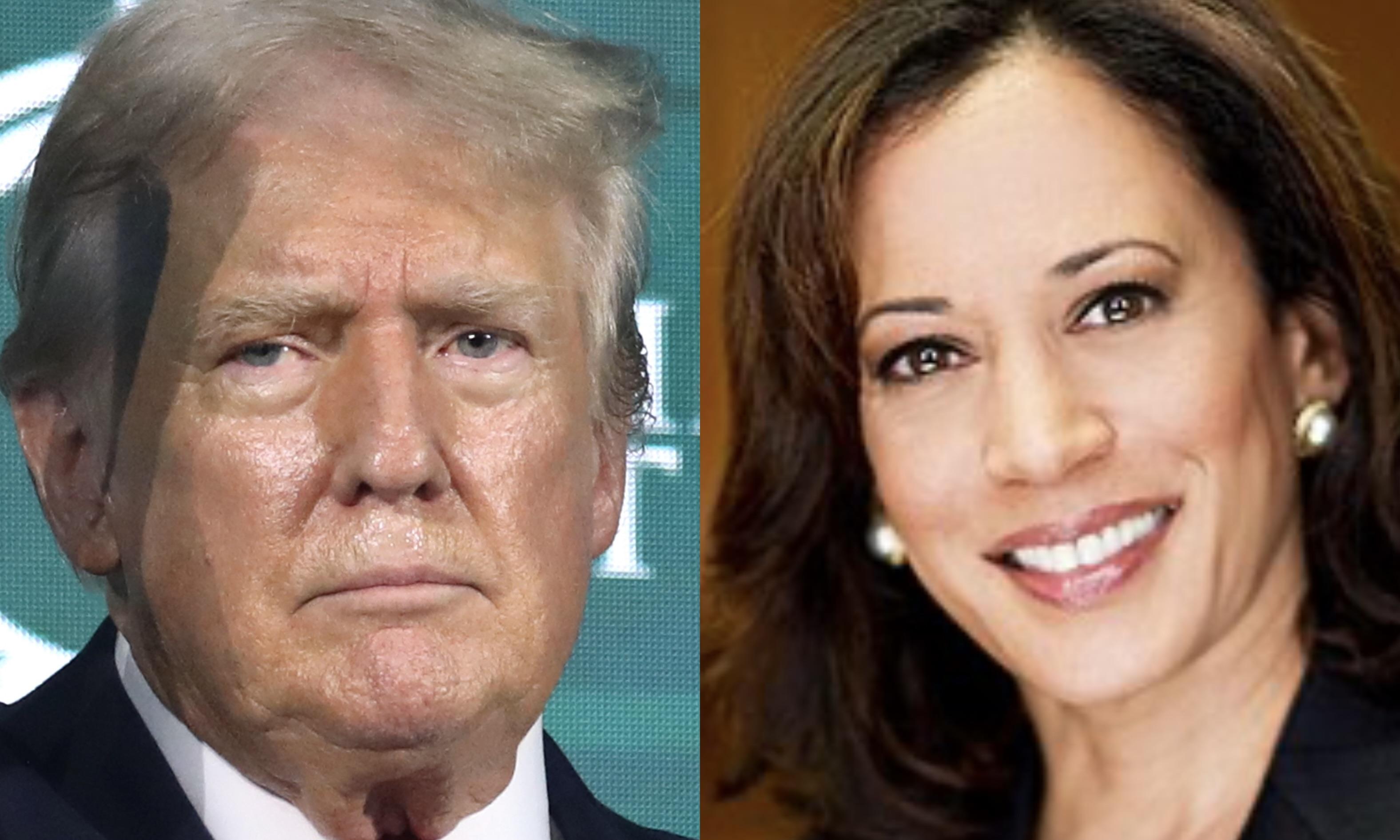Pennsylvania Republicans are urging the U.S. Supreme Court to intervene and halt the counting of provisional ballots cast by voters who made mistakes on their mail-in ballots. This latest appeal, seen by many as a legal escalation ahead of Election Day, could impact the validity of votes from hundreds of voters statewide, sparking controversy over access to the ballot box and fair vote counting.
The request stems from disputed provisional ballots — a type cast by voters whose original mail-in ballots were rejected due to issues like missing signatures, incorrect dates, or other minor errors. Pennsylvania law allows these voters to cast a provisional ballot at the polls on Election Day to ensure their vote is counted, but Republican challengers are arguing that this process essentially gives voters “a second chance” and should be restricted.
“This is about upholding election integrity,” argued a spokesperson for the Pennsylvania Republican Party. “Voters need to follow the rules from the outset. Provisional ballots are supposed to be used only under exceptional circumstances, not as a safety net for improperly submitted mail-in ballots.” Party officials have claimed that without intervention, the provisional ballot process opens the door to fraud or undue influence, questioning whether voters should get a second opportunity to submit a correct ballot.
The GOP’s petition urges the Supreme Court to step in and uphold what it argues is the proper, lawful standard for counting ballots. Republicans argue that state law is clear on the procedures for mail-in ballots and that the ability to cast provisional ballots could lead to inconsistencies or unfair advantages across precincts. This legal push aims to clarify and standardize the ballot-counting rules to avoid potential discrepancies.
However, the move has drawn sharp criticism from voting rights advocates and Democrats who see the effort as a blatant attempt to suppress votes in a crucial swing state. “Disenfranchising voters over minor mistakes on a mail-in ballot is an attempt to limit voter participation,” said a spokesperson for the Pennsylvania Democratic Party. “Every legal vote should be counted, whether provisional or not, especially in an era where mail-in voting is more common and errors can happen.”
Critics further contend that the GOP’s approach disregards the principles of voter access and fairness, asserting that denying provisional ballots penalizes voters for simple mistakes rather than upholding any meaningful standard of election security.
Election law experts have weighed in, suggesting that the Supreme Court’s involvement in state-specific ballot-counting rules could set a powerful precedent for future elections. “The decision could have a sweeping impact not only for Pennsylvania but for other battleground states with similar laws,” noted Larry Sabato, a political analyst at the University of Virginia. “If the Court decides to limit provisional ballots, it could reshape how mail-in voting and ballot errors are treated nationwide.”
As Election Day approaches, both parties are ramping up legal challenges over ballot-counting procedures in an effort to secure any potential advantage. For Pennsylvania voters, the decision from the Supreme Court could influence which ballots ultimately make it through the final count. While Republicans argue it’s about maintaining the integrity of the election, Democrats insist that the aim is to ensure every vote counts, pushing back against the effort to limit access for voters who may have made minor errors on their mail-in ballots.
The Supreme Court has yet to announce whether it will take up the case, but a ruling could shape the electoral landscape and determine the fate of provisional ballots across Pennsylvania.



 UK Accepts U.S. Request to Use British Bases for Defensive Strikes on Iranian Missiles
UK Accepts U.S. Request to Use British Bases for Defensive Strikes on Iranian Missiles  HHS Adds New Members to Vaccine Advisory Panel Amid Legal and Market Uncertainty
HHS Adds New Members to Vaccine Advisory Panel Amid Legal and Market Uncertainty  Israel Declares State of Emergency as Iran Launches Missile Attacks
Israel Declares State of Emergency as Iran Launches Missile Attacks  Trump Says U.S. Combat Operations in Iran Will Continue Until Objectives Are Met
Trump Says U.S. Combat Operations in Iran Will Continue Until Objectives Are Met  U.S. Lawmakers Question Trump’s Iran Strategy After Joint U.S.-Israeli Strikes
U.S. Lawmakers Question Trump’s Iran Strategy After Joint U.S.-Israeli Strikes  Australian PM Calls Alleged Western Australia Terror Plot “Deeply Shocking” After Arrest
Australian PM Calls Alleged Western Australia Terror Plot “Deeply Shocking” After Arrest  Argentina Senate Approves Bill to Lower Age of Criminal Responsibility to 14
Argentina Senate Approves Bill to Lower Age of Criminal Responsibility to 14  Trump Announces U.S. Strikes on Iran Navy as Conflict Escalates
Trump Announces U.S. Strikes on Iran Navy as Conflict Escalates  U.S.-Israel Strike on Iran Escalates Middle East Conflict, Trump Claims Khamenei Killed
U.S.-Israel Strike on Iran Escalates Middle East Conflict, Trump Claims Khamenei Killed  Iran Supreme Leader Ayatollah Ali Khamenei Killed in Israeli, U.S. Strikes: Reuters
Iran Supreme Leader Ayatollah Ali Khamenei Killed in Israeli, U.S. Strikes: Reuters  Australia Rules Out Military Involvement in Iran Conflict as Middle East Tensions Escalate
Australia Rules Out Military Involvement in Iran Conflict as Middle East Tensions Escalate  Trump Orders Federal Agencies to Halt Use of Anthropic AI Technology
Trump Orders Federal Agencies to Halt Use of Anthropic AI Technology  Zelenskiy Urges Change in Iran After U.S. and Israeli Strikes, Cites Drone Support for Russia
Zelenskiy Urges Change in Iran After U.S. and Israeli Strikes, Cites Drone Support for Russia  Trump to Address Nation as U.S. Launches Strikes in Iran, Axios Reports
Trump to Address Nation as U.S. Launches Strikes in Iran, Axios Reports  Germany and China Reaffirm Open Trade and Strategic Partnership in Landmark Beijing Visit
Germany and China Reaffirm Open Trade and Strategic Partnership in Landmark Beijing Visit  Pentagon Leaders Monitor U.S. Iran Operation from Mar-a-Lago
Pentagon Leaders Monitor U.S. Iran Operation from Mar-a-Lago  Netanyahu Suggests Iran’s Supreme Leader Khamenei May Have Been Killed in Israeli-U.S. Strikes
Netanyahu Suggests Iran’s Supreme Leader Khamenei May Have Been Killed in Israeli-U.S. Strikes 































